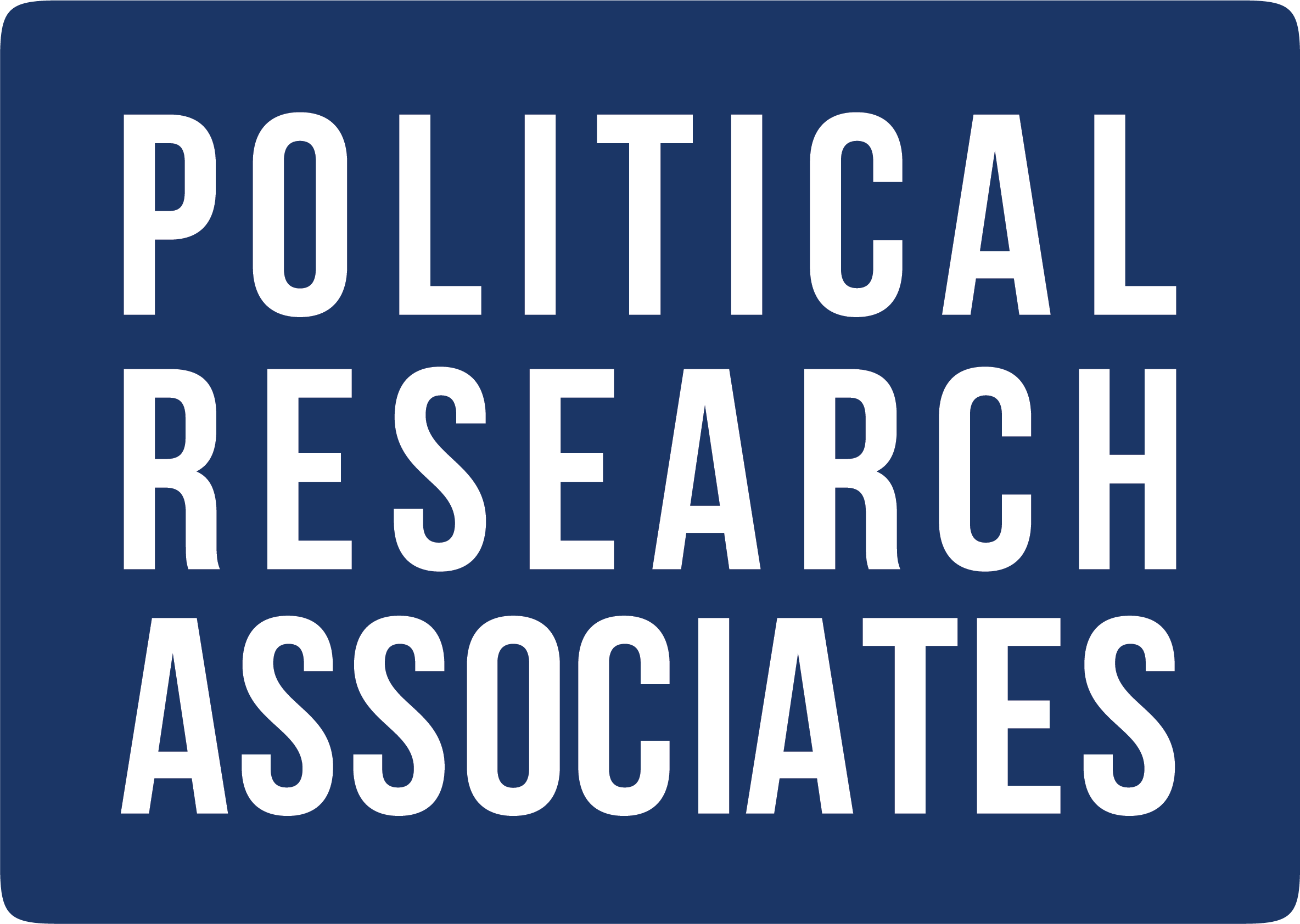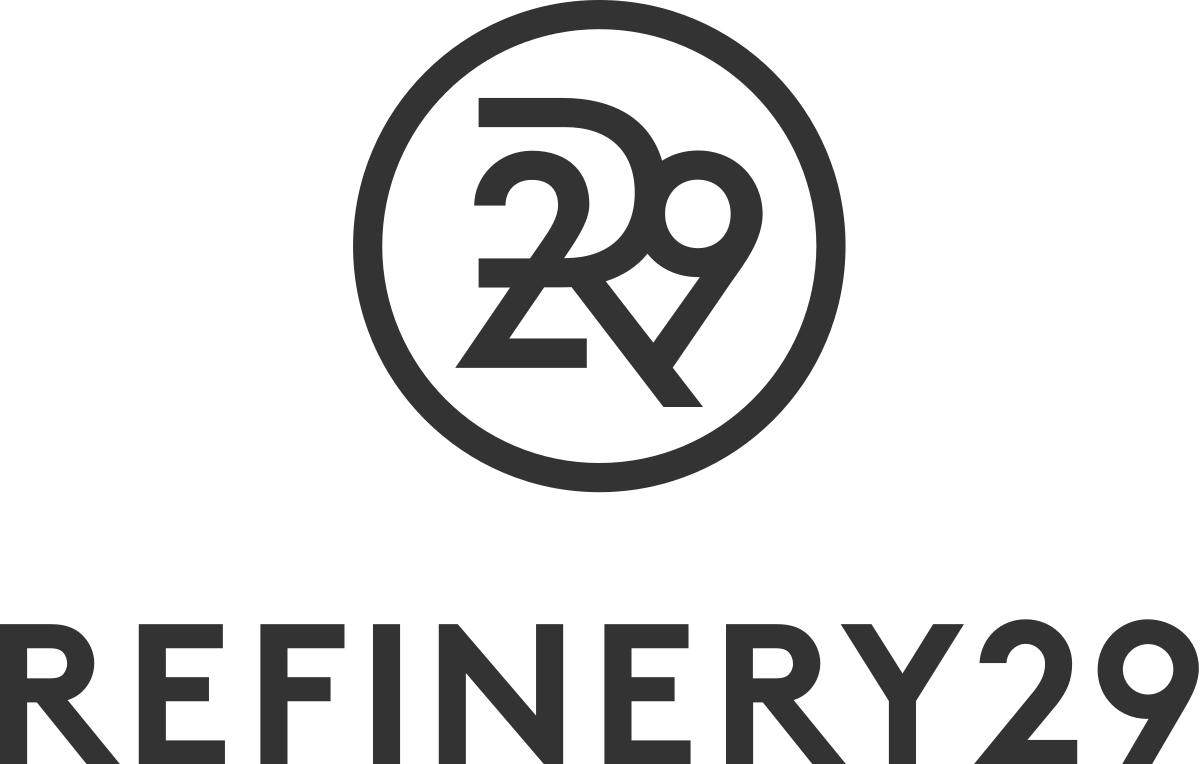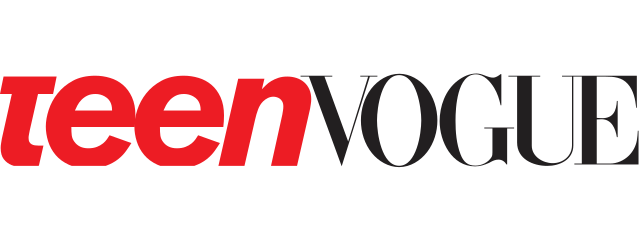I like to describe myself as a technologist, storyteller and activist. With a background in computational mathematics and a long career as a researcher and data scientist, I split my time between Charlottesville, Virginia and Berlin, Germany.
As a technologist, I’m an active conference speaker and technical writer, pioneering ideas like Data Mesh and continuous delivery practices in the machine learning space. My past work involves a diverse array of topics, like practical ethics for the Internet of Things, the use of video games for therapy and rehabilitation, and adaptive detection of sensor failures in active control systems. I have also served as technical Principal Investigator for NIH-funded research. I casually maintain and contribute to open source projects, which can be found on my Github.
As a storyteller, I’ve contributed to a number of works, including the Emmy® award-winning ProPublica/FRONTLINE documentary, Documenting Hate, anthologies like ¡No Pasarán! and Seeking SRE, and articles in outlets such as Slate, Teen Vogue, and The Guardian, among others.
As an activist, I’ve built projects such as First Vigil (currently offline), a database of white supremacist criminology; HowHateSleeps, an exploration of how violent racists live at home; and WHENTHEYCAMEDOWN, a people’s history of the toppling of statues during the 2020 Uprising. I also run a blog called Left✊ to Our Own Devices about community-oriented preparedness and brandblock.online, a Bluesky labeler to reduce brand visibility on social media timelines.
This work has been globally recognized. I have been profiled by The Guardian, taz and Motherboard for my counter-white supremacy work and honored by Bitch Magazine as one of 2018’s most influential feminists. There are nearly 40 books mentioning or referencing my technical or activist work (and counting!).
Finally, I have also advised several university-based research labs, including the Prosecution Project led by Dr. Michael Loadenthal, the Youth Equity and Sexuality Laboratory at Suffolk University led by Dr. Miriam R. Arbeit, and the Advancing Data Justice project at the Alan Turing Institute, led by Dr. David Leslie.
Curriculum Vitae
A full version of my CV is available.
Published Writing
- ¡No Pasarán! (chapter “Antifascism Through the Lens of Transgender Identity”), edited by Shane Burley, AK Press, 2022
- A Field Guide to White Supremacy (contributor to chapter “Thoughts on the Associated Press Stylebook”), edited by Kathleen Belew and Ramón Gutiérrez, University of California Press, 2021
- Seeking SRE (chapter “Intersections between Operations and Activism”), co-authored with Liz Fong-Jones, edited by David Blank-Edelman, O’Reilly Media, Inc., 2018
- “What Will Jurors Make of Charlottesville Trial Defendants’ Incoherent Defense?” Slate, November 22, 2021
- “White Supremacists Have Returned to Charlottesville in Another Attempt to ‘Unite the Right’” Slate, October 29, 2021
- “Ben Shapiro and the Conservative Chorus”, Political Research Associates, June 3, 2020
- “Terry McAuliffe Still Doesn’t Understand What Happened in Charlottesville,” Slate, August 8, 2019
- “The Proud Boys: A Republican Party Street Gang,” Political Research Associates, February 28, 2019
- “The Pittsburgh Shooting Proves Trump Emboldens Racists — & Social Media Empowers Them,” Refinery29, October 28, 2018
- “Queer People and People of Color React to Charlottesville Activism,” Teen Vogue, August 24, 2017
- “No Mr. Trump, we’re not the same as the neo-Nazis” The Guardian, August 16, 2017
- “President Trump Complicates Healthcare for Transgender Americans,” Out.com, May 05, 2017
— social —
Please review my contact guidelines.
— projects —
A blog about preparedness from a community-oriented point of view.
A tool for regularly purging your Bluesky social media feeds.
A people’s history of the removal of statues honoring racists, slave owners, and colonizers, largely during the Uprising in the Summer of 2020 following the murder of George Floyd.
A study of the daily lives of violent far-right actors using court records to peer inside their living spaces.
Youth Equity and Sexuality Lab
I advise the Youth Equity and Sexuality Lab at Suffolk University, a research lab focused on promoting positive adolescent and young adult sexuality development; preventing sexual violence; and fighting fascism, cis-hetero-patriarchy, and white supremacy.
I am an advisory board member of The Prosecution Project, a data-driven project studying the patterns of prosecution of extremism, terrorism, and political violence.
I am an advisory board member of the Advancing Data Justice project, a collaboration between the Alan Turing Institute, the Global Partnership on AI (GPAI), and individuals and communities across the globe.
The opinions shared on this page do not necessarily reflect the views of any organization listed above.





